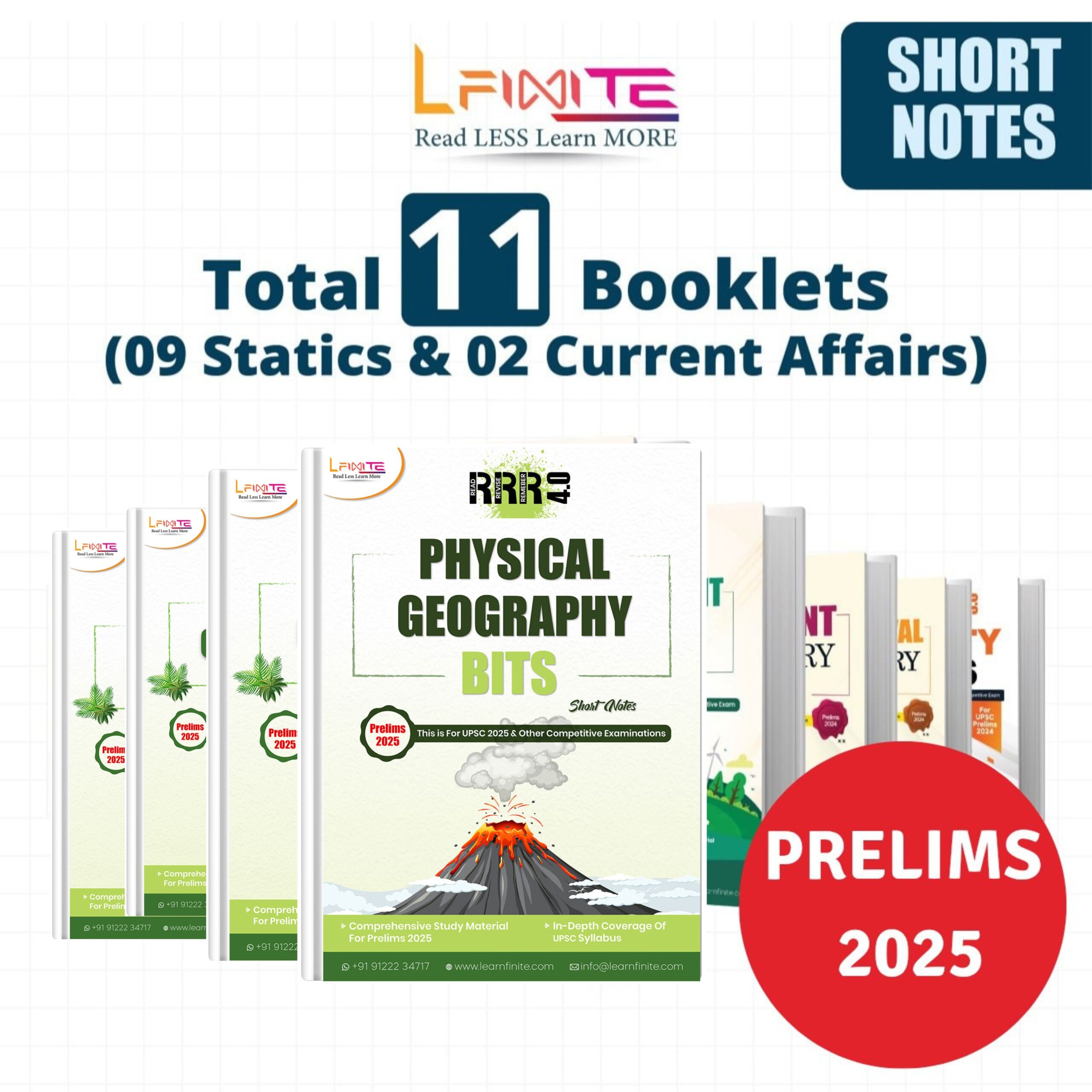VisionIAS Value Addition Material-2018 in HINDI Part 13
PAPER II : शासन
विकास प्रक्रिया तथा विकास उद्योग – गैर सरकारी संगठनों, स्वयं सहायता समूहों, विभिन्न समूहों व संघों, दानकर्ता, लोकोपकारी संस्थाओं, संस्थागत एवं अन्य पक्षों/ हित धारकों की भूमिका

Part 1
PAPER II : राज्यव्यवस्था एवं शासन
भारतीय संवैधानिक योजना की अन्य देशो के साथ तुलना
|
Click to Download |
Part 2
PAPER III : भारतीय अर्थव्यवस्था
सार्वजनिक वितरण प्रणाली, बफर स्टॉक और खाद्य सुरक्षा
|
Click to Download |
Part 3
PAPER II : शासन
शासन के महतवपूणण आयाम
|
Click to Download |
Part 4
PAPER III : भारतीय अर्थव्यवस्था
कृषि सब्सिडी और न्यूनतम समर्थन मूल्य
|
Click to Download |
Part 5
PAPER II : शासन
लोकतंत्र में सिविल सेवाओं की भूमिका
|
Click to Download |
Part 6
PAPER III : सुरक्षा
साइबर सुरक्षा
|
Click to Download |
Part 7
PAPER III : सुरक्षा
मनी लॉन्ड्रिंग
|
Click to Download |
Part 8
PAPER III : सुरक्षा
संचार नेटवर्क के माध्यम से आंतरिक सुरक्षा को चुनौती
|
Click to Download |
Part 9
PAPER III
आपदा प्रबंधन
|
Click to Download |
Part 10
PAPER III : भारतीय अर्थव्यवस्था
पशुपालन आधारित अर्थव्यवस्था
|
Click to Download |
Part 11
PAPER III : भारतीय अर्थव्यवस्था
भारत में खाद्य प्रसंस्करण और संबंधित उद्योग – संभावनाएं और महत्व, स्थिति, अपस्ट्रीम और डाउनस्ट्रीम, आवश्यकताएं, आपूर्ति श्रंखला प्रबंधन
|
Click to Download |
Part 12
PAPER III : भारतीय अर्थव्यवस्था
प्रौद्योगिकी मिशन |
Click to Download |
If You want to share Your Study Material with Other send me [email protected]
Please share this post with the needy aspirants.
Join our Telegram Channel for regular update Click here
Like our Facebook Page for regular update Click here







